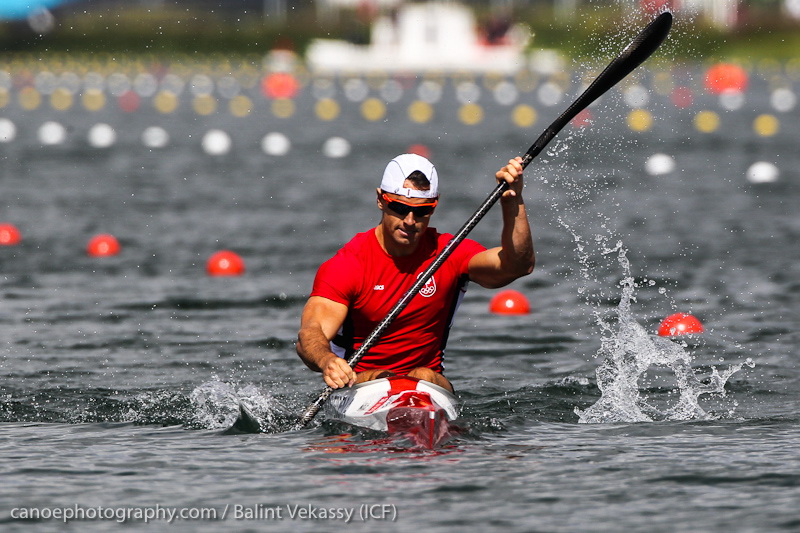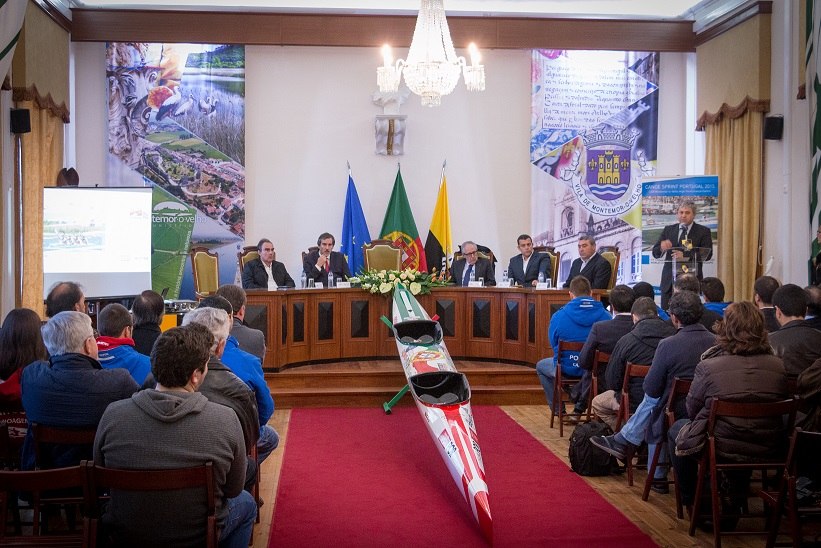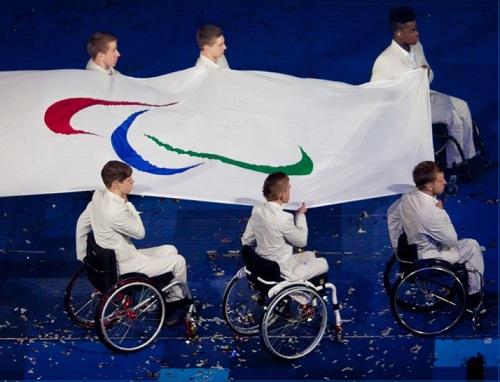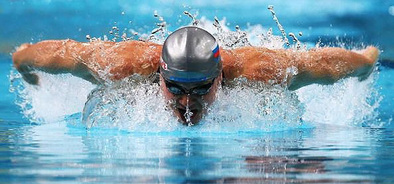Dangerous rowing in Rio de Janeiro
 Dead fish, shallowing, whirlpools, algae and viruses … The problems are pouring into the Rodrigue de Freitas lagoon, where the Olympic Games will be held next year.
Dead fish, shallowing, whirlpools, algae and viruses … The problems are pouring into the Rodrigue de Freitas lagoon, where the Olympic Games will be held next year.
What measures are being taken by the organizers, and how can participation in competitions for rowers turn out?
The Olympic Committee of Rio de Janeiro refused to conduct tests for the presence of viruses in the waters of the Rodrigou de Freitas lagoon, where the Olympic rowing distance is. This decision was made, despite the pressure of the public and the demands of environmentalists, who have long been sounding the alarm. Officials refer to the World Health Organization, which on October 16 announced that microbiological testing was sufficient and the inclusion of virus analysis in the preparation of the reservoir for the Olympic Games is not recommended.
“Viral tests are more expensive than bacteriological tests, and the results are harder to analyze,” explains the Olympic Committee. In Brazil, the economic crisis broke out, so the authorities decided to cut the competition budget by 30%, not wanting to “tolerate cost overruns”. Given these circumstances, costly analyzes of water quality to organizers seem redundant.
Brazilian lake is teeming with bacteria
The Associated Press news agency conducted independent research and analyzed water quality for five months. July 30, the results were published, from which it becomes uncomfortable:
– faecal contamination exceeds the safe level 78 times according to the laws of Brazil and 195 times according to the laws of the USA;
– The number of viruses in the water surpasses: from 17.3 million to 1.7 billion per 1 liter. When this figure exceeds 1000 per 1 liter, experts recommend avoiding contact with water, since the probability of infection is close to 99%.
The conclusion of the Associated Press is disappointing: “Bathing and swimming in water so polluted by human feces is extremely risky and can lead to serious illnesses, due to which athletes will have to refuse to participate in the Olympics.”
The problems began in January 2015, when the strongest drought in the last 80 years came to Brazil. Then the lake became shallow, and this attack became the first sign of an impending ecological disaster. One April day, 21 tons of dead fish surfaced on Rodrigu de Freitas. “I trained, but I felt bad, I was sick, so I had to interrupt classes. Because of dead fish, it was impossible to row. She blocked the oars and impeded the movement, ”recalls rower Joao Raise.
Bacteria and viruses are the most serious, but not the only problems that rowers face. For example, German canoeist Francisco Weber complains of algae: “We must somehow fight the plants,” the athlete said. – For four years we have been working for the race at the Olympics, and it will not be fair to lose because of the algae. Rowing in such water is like running, pushing against a wall. ”
In the summer and autumn in the lagoon of Rodrigu de Freitas, test competitions were held. The consequences were sad for many athletes who were in contact with water. Thus, 15 of the 40 members of the US youth rowing team came down almost immediately due to indigestion, vomiting, diarrhea, allergies and respiratory diseases.
Four South Korean windsurfers contracted a viral infection after swimming in the waters of Guanabara Bay, which is called the dirtiest place in the world. One of them, Wonwu Cho, was hospitalized with dizziness and nausea. “The water smells awful. I have no idea how competitions can be held here at all, ”said athlete coach Danny Ok.
These are flowers compared to how German yachtsman Eric Heil suffered after test races. In his analyzes were found bacteria that belong to the family of staphylococci. After returning to Germany, the athlete started having inflammation in his legs. In particular, a golf ball-sized seal formed on the thigh. Eric was hospitalized, underwent a course of treatment with strong antibiotics and fell under the surgeon’s knife.
When in 2009, Rio de Janeiro won the tender for the Olympics, officials swore that they would manage to reduce the level of pollution of water areas by 80% before the start of the competition. It is now clear that promises will not be fulfilled, since funding is not enough. Brazilian billionaire Eyck Batista, who was going to invest the necessary amount in cleaning up the lake and promised to swim in it personally, faded after his empire went bankrupt.
The struggle for the purity of the bays in Rio has been around for several decades. From 1990 to 2005, $ 1.1 billion was invested in the construction and modernization of sewage treatment plants. There is no progress. The water area is polluted to a critical level with household and industrial waste.



